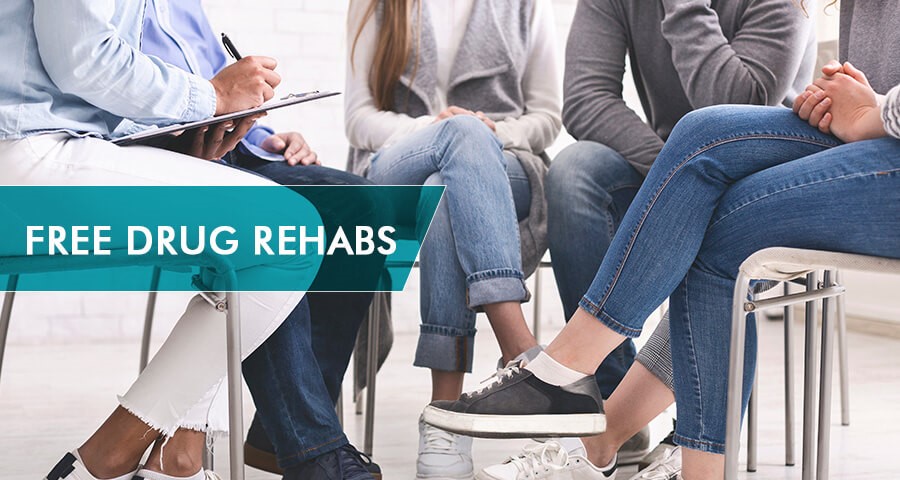Methamphetamine Abuse Treatment Program
The majority of people who attempt drugs don't become addicted. Although age is a factor, it's not something that should be considered. The risk of addiction can be increased by several factors, including the history of your family. Your genes influence nearly half the variables that will affect your likelihood. Your genetic makeup will make it more likely that you will become addicted to drugs or alcohol if your parents or siblings are already doing so. Addiction affects both men and women equally. This stage requires that you are not exposed to drugs. The effects of drug use on the developing minds of children can be significant. Therefore, it is more likely that you will develop a dependency on drugs if you first start using them young. Mental health issues. People are more likely than others to become dependent on a substance when they feel depressed, can't focus, or worry too much. If you feel that self-medicating by medication would be beneficial, you might consider it. An addiction is more likely if you have experienced painful events in your own life. Difficulty with relationships. Addiction is more likely when you grew up in a difficult environment and are not close to your parents or siblings.
Many people don't understand why or how other people become addicted to drugs. They may mistakenly think that those who use drugs lack moral principles or willpower and that they could stop their drug use simply by choosing to. In reality, drug addiction is a complex disease, and quitting usually takes more than good intentions or a strong will. Drugs change the brain in ways that make quitting hard, even for those who want to. Fortunately, researchers know more than ever about how drugs affect the brain and have found treatments that can help people recover from drug addiction and lead productive lives.
Addiction is a chronic disease characterized by drug seeking and use that is compulsive, or difficult to control, despite harmful consequences. The initial decision to take drugs is voluntary for most people, but repeated drug use can lead to brain changes that challenge an addicted person’s self-control and interfere with their ability to resist intense urges to take drugs. These brain changes can be persistent, which is why drug addiction is considered a "relapsing" disease—people in recovery from drug use disorders are at increased risk for returning to drug use even after years of not taking the drug.


